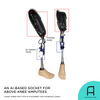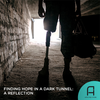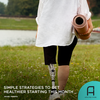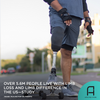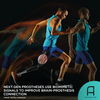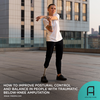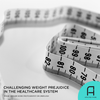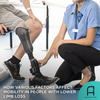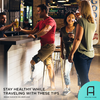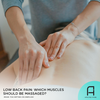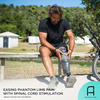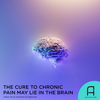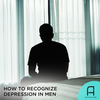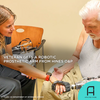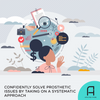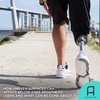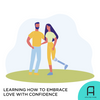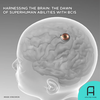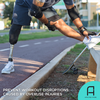Develop Better Habits with This Brain Hack
What are the things you wish you wouldn't do again? Maybe it's overindulging in desserts or acting out in frustration when you're getting used to your prosthetic limb. We typically have an endless list of regrets because although we recognize our bad habits, we find it hard to break them.

The good news is that there is one thing you can do—a new habit you can form—so you can dissolve bad habits and make better decisions. But before you can successfully develop this habit, you need a better understanding of how the brain influences our behavior.
How habits develop
Our behavior is affected by numerous hidden forces, like biological and environment. Because of this, many of the things we do and habits we form are typically not the result of careful planning on our part.
Another thing that we need to understand is that our brain hogs energy even when we're asleep. It consumes up to 20% of the body's daily caloric intake. So, to save energy, the brain relies on shortcuts called heuristics. These mental shortcuts are formed when the brain identifies patterns then makes assumptions based on those patterns.
These assumptions can then influence our habits and behavior in ways that we're not conscious about. And since the brain invests significant effort in developing heuristics, it is reluctant to expend additional energy re-evaluating or deviating from its assumptions.
This explains why people are often stubborn, even when presented with compelling evidence that supports the opposite.
In our daily lives, the brain uses the patterns it has learned to run on autopilot. This is good for the body because it conserves energy. However, being on autopilot all the time results in the recurrence of bad habits.
Breaking the cycle
To break the destructive cycle, we often have to force ourselves to get out of autopilot mode. The trick is to practice mindfulness.
When you find yourself giving up halfway through a physical therapy session, ask yourself questions like: What am I feeling? Am I exhausted, or am I frustrated because I can't seem to get things right on the first few tries? Why do I want a third bowl of ice cream? Why am I binge-watching when I have work tomorrow?
Although mindfulness seems the obvious solution, it's not the easiest. This is because stopping and asking yourself these questions diverts energy.
But there's another way to override your brain's autopilot mode, and it's by leveraging on its desire for success. To tap this desire, frame your decision-making as a test. Will you pass or fail?
The brain hates failure; this is why you feel emotions like guilt and shame to encourage you not to fail again. On the flip side, the brain rewards accomplishment. So, push yourself to expend energy to challenge your brain's automated decisions.
The bottom line
The only way to break out of bad habits is to learn to be mindful—live in the moment. Ask yourself why you want to do something and if doing it will benefit you in the long run. And instead of acting purely on subconscious assumptions, engage your logic. Sure, it won't be easy the first few times, but it will be second nature once you form that good habit.






























